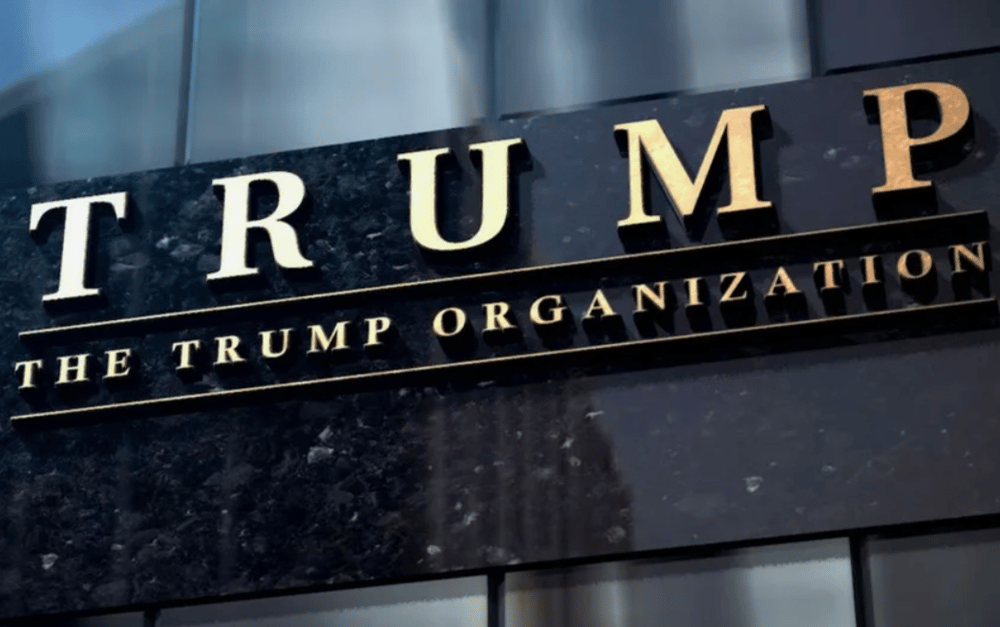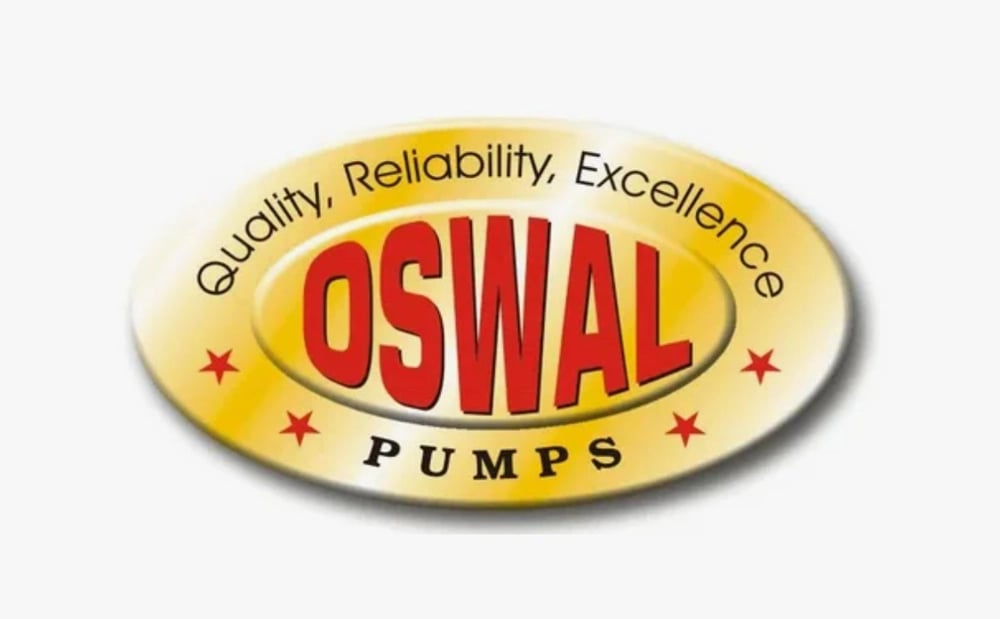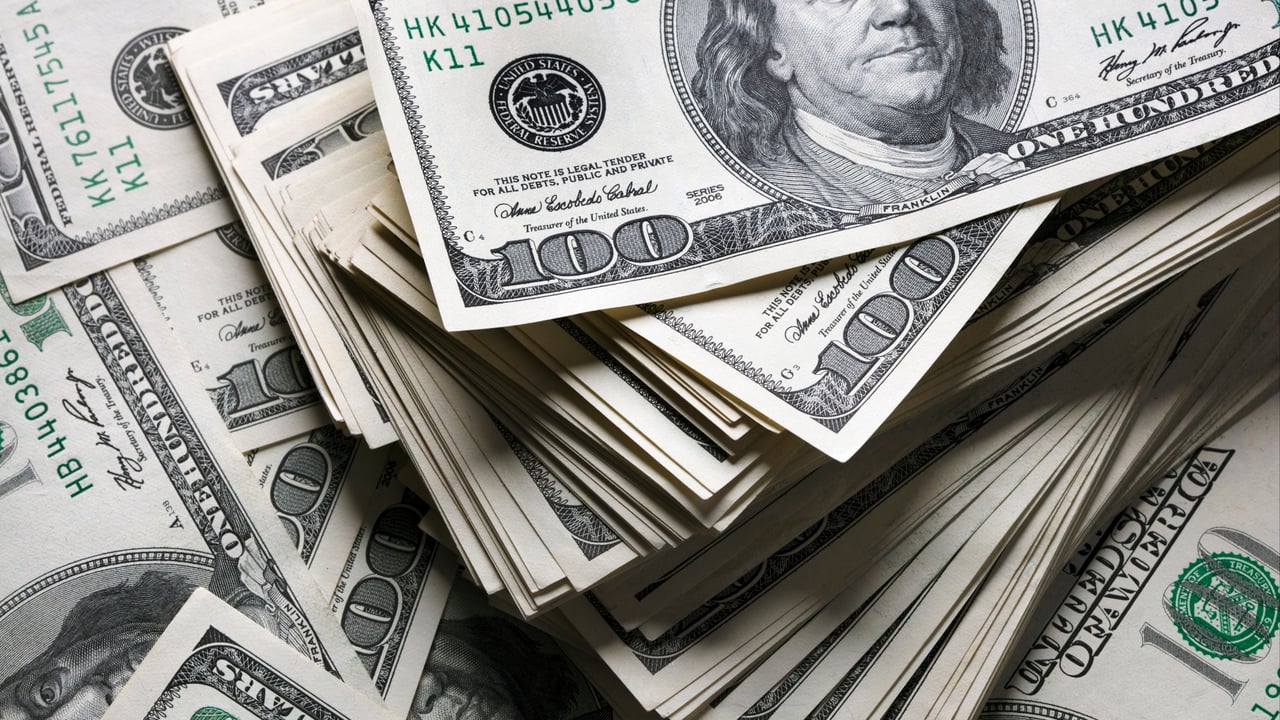Related Articles
American Express Enhances Platinum Card Portfolio with Major Upgrades Amid Shifting Consumer Trends
American Express $AXP has unveiled its most significant overhaul to date for its U.S. consumer and business Platinum Cards. The upcoming changes—set to roll out later this year—underscore the company’s strategic focus on attracting a younger, experience-oriented demographic, particularly Millennials and Gen Z, who collectively accounted for 35% of U.S. consumer spending in the previous quarter. The revamped offerings are not limited to benefits alone; the issuer is also transforming the physical design of its Platinum Cards to better align with contemporary lifestyle aesthetics. These changes mark a pivotal evolution in American Express’s product philosophy, as it adapts to generational shifts in customer preferences.
Trump Organization Enters U.S. Telecom Market with Launch of Trump Mobile
On Monday, the Trump Organization announced the launch of Trump Mobile, a self-branded wireless network that positions itself as a conservative alternative to traditional U.S. telecom providers. This strategic move marks the conglomerate’s latest expansion beyond its legacy real estate and hospitality businesses, building on recent ventures into digital media and cryptocurrency. The launch comes at a time of heightened polarization in U.S. consumer markets, offering a targeted pitch to ideologically aligned users.
Oswal Pumps IPO Draws Solid Retail and Non-Institutional Demand Despite Tepid QIB Interest
The ₹1,387 crore initial public offering (IPO) of Oswal Pumps Ltd.—a rapidly expanding solar pump manufacturer in India—garnered a full subscription by the second day of bidding. As of 14:15 on Monday, bids had been placed for 1.75 crore equity shares against 1.62 crore on offer, translating into an overall subscription rate of 1.08x. The offering saw robust traction from non-institutional investors (NIIs), who oversubscribed their allocated quota by 2.62 times. Retail individual investors (RIIs) followed, subscribing to 89% of their portion. In contrast, qualified institutional buyers (QIBs) showed limited engagement, covering just 24% of their reserved share.







The recent downturn of the US dollar underscores the complex interplay between global trade policies and currency markets.
This unexpected drop in the dollar's value is a clear indication of how sensitive the market is to geopolitical developments.